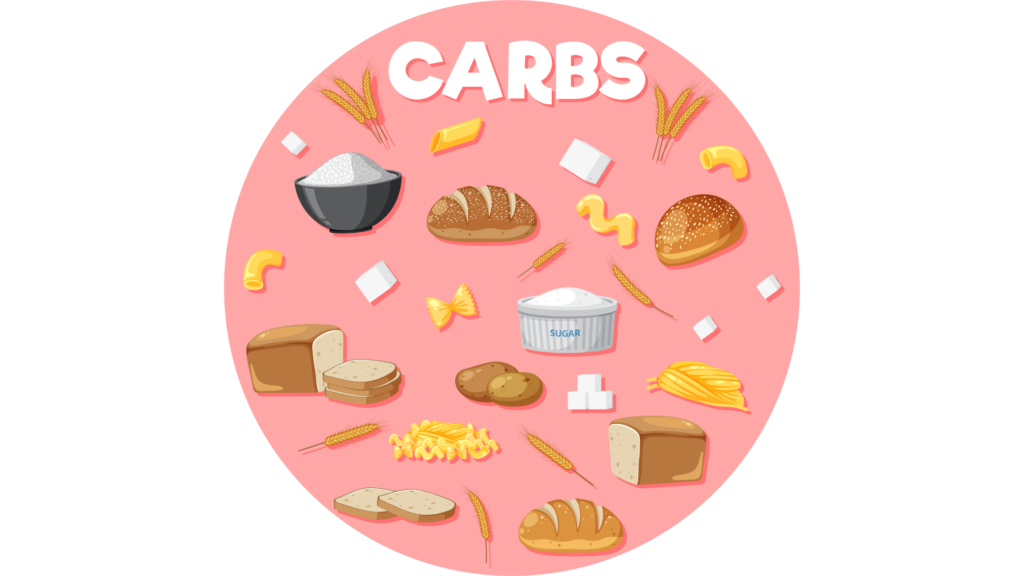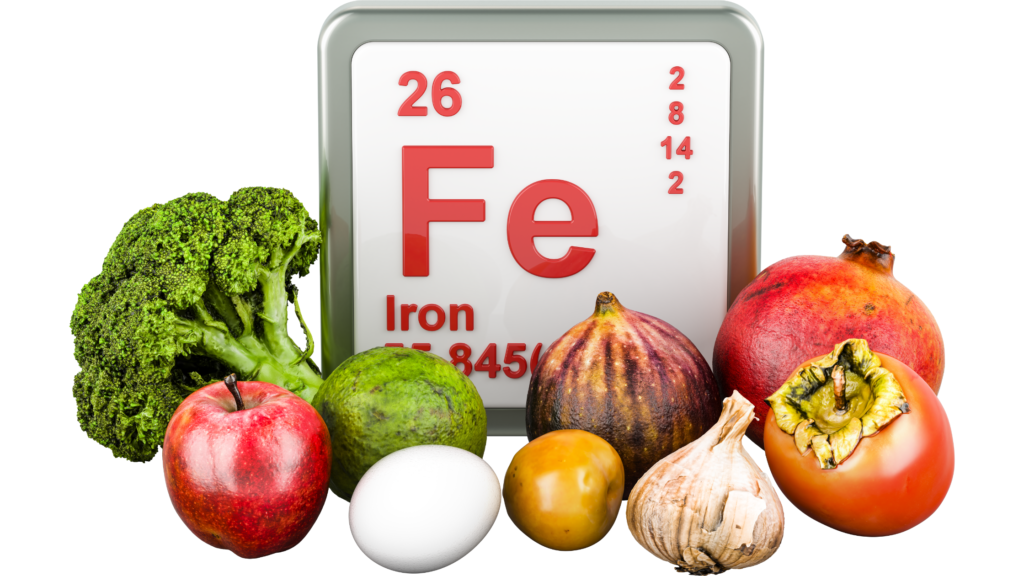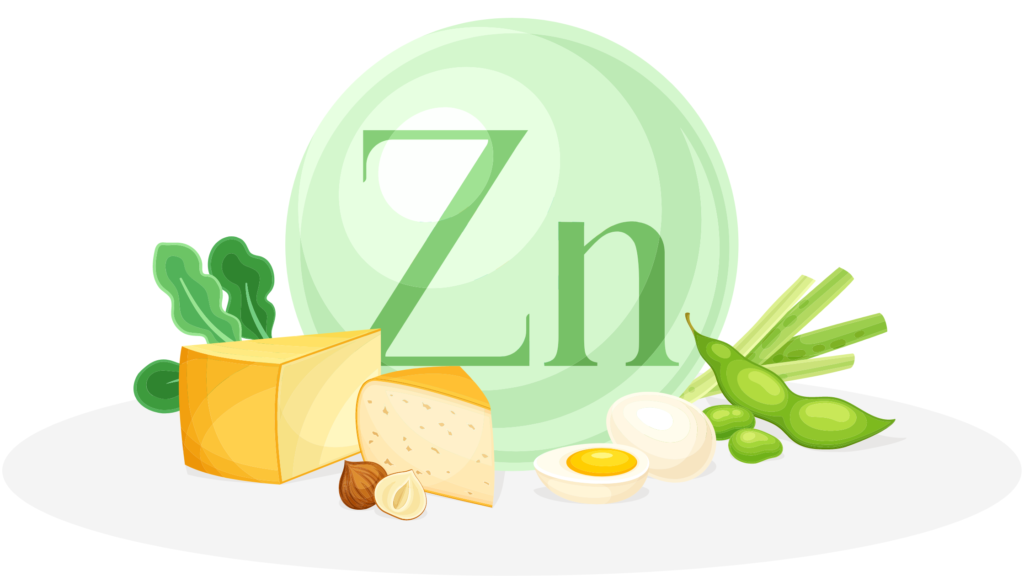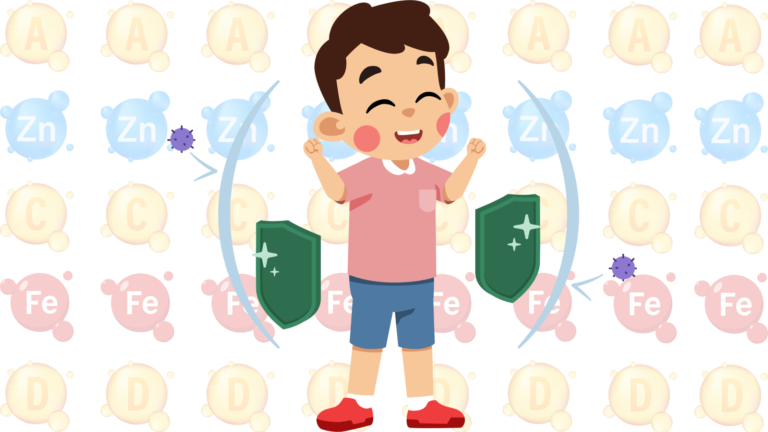
Berdi
urinary Track Health
Have you ever wondered if your child is getting all the essential nutrients they need for healthy growth and development? Ensuring your child receives the right nutrients is crucial for their overall health, cognitive development, and energy levels. Imagine a building under construction. It needs a steady supply of the right materials – bricks, mortar, steel – to grow strong and stable. Our children are under construction too, and their bodies require a specific set of essential nutrients for kids to build strong bones, develop sharp minds, and support a healthy immune system.
Just like the right building materials ensure a sturdy structure, the essential nutrients for kids fuel their growth, development, and overall well-being. Understanding these essential nutrients and incorporating them into your child’s diet is crucial for setting them up for a lifetime of health.
Children’s nutrition is a topic of immense importance. The growing bodies and developing brains of kids require a specific set of nutrients to function optimally. Inadequate nutrition can lead to various health issues, including stunted growth, weakened immune systems, and cognitive delays.
According to the World Health Organization (WHO), good nutrition is fundamental to a child’s growth and development. Proper nutrition helps in preventing various chronic diseases and promotes overall health. As children grow, their nutritional needs change, requiring a balanced diet that includes a variety of essential nutrients.During childhood, every cell, tissue, and organ is rapidly growing and developing. This rapid growth requires a constant supply of essential nutrients for kids. These nutrients provide the building blocks for strong bones, muscles, and organs. They also play a vital role in brain development, cognitive function, and a robust immune system that can fight off illness.
According to a study published in the Lancet, deficiencies in essential nutrients for kids can lead to a range of health concerns, including growth delays, impaired cognitive function, and increased susceptibility to infections.
Now, let’s delve into the top 10 essential nutrients for kids and explore their specific roles in supporting your child’s growth and development:
Protein is one of the most essential nutrients for children due to its critical role in growth, development, and overall health. Proteins are made up of amino acids, which are the building blocks of the body. These amino acids are necessary for the synthesis of new cells, tissues, and enzymes, which support physical growth and immune function.
Proteins are broken down into amino acids during digestion, absorbed into the bloodstream, and transported to cells throughout the body. Here, they are reassembled into new proteins that perform specific functions, such as muscle contraction, enzyme catalysis, and immune responses.
Carbohydrates are essential nutrients for children because they are the primary source of energy, crucial for supporting their high levels of physical activity and rapid growth. Carbohydrates are broken down into glucose, which fuels the brain and muscles. This is particularly important for children, whose brains require a constant supply of energy to support cognitive development and learning.
Additionally, glucose from carbohydrates is vital for maintaining stable blood sugar levels, which helps prevent fatigue and supports sustained attention and academic performance. Carbohydrates also provide dietary fibre, which is important for healthy digestion and preventing constipation.
Furthermore, research shows that consuming adequate carbohydrates spares protein for its primary roles in growth and repair rather than being used as an energy source. Thus, a balanced intake of carbohydrates is essential for the overall health, development, and well-being of children.

Calcium is essential for children as it plays a crucial role in developing strong bones and teeth, which is vital during periods of rapid growth (Weaver et al., 2006). Adequate calcium intake helps achieve peak bone mass, reducing the risk of osteoporosis later in life. Calcium also supports muscle function, nerve transmission, and hormonal secretion. Mechanistically, calcium is absorbed in the intestines and incorporated into bone tissue, providing structural integrity and strength.
Iron is one of the essential nutrients for children because it is a key component of haemoglobin, the protein in red blood cells that carries oxygen to tissues, supporting energy metabolism and overall growth. Research in the Nutrition Reviews shows that adequate iron is crucial for cognitive development and for preventing anaemia, which can impair learning and physical activity. Mechanistically, iron is absorbed in the intestines and incorporated into haemoglobin and myoglobin, ensuring oxygen delivery and muscle function.

Vitamin D is essential for children as it facilitates calcium absorption, which is crucial for developing strong bones and teeth, thereby preventing rickets and ensuring proper skeletal development. Additionally, vitamin D supports immune function and overall growth. Mechanistically, vitamin D is converted in the liver and kidneys to its active form, calcitriol, which then enhances calcium and phosphorus absorption in the intestines.
Vitamin A is another one of the essential nutrients for children as it supports vision, particularly night vision, and is critical for maintaining healthy skin and mucous membranes, which serve as barriers against infections. It also plays a vital role in immune function, reducing morbidity and mortality from infectious diseases. Mechanistically, vitamin A is involved in the production of rhodopsin, a pigment necessary for low-light vision, and supports cellular growth and differentiation.

Vitamin C is essential for children as it supports the growth and repair of tissues throughout the body, aids in the formation of collagen, which is crucial for skin, cartilage, tendons, and blood vessels, and enhances iron absorption from plant-based foods, preventing anaemia. Additionally, vitamin C is a powerful antioxidant that helps protect cells from damage and boosts the immune system, reducing the risk of infections. Mechanistically, vitamin C is involved in enzymatic reactions that synthesise collagen and neurotransmitters making it one of the essential nutrients for kids.
Zinc is essential for children as it supports growth and development, immune function, and wound healing. It plays a crucial role in cell division and protein synthesis, which are vital for growth. Zinc also enhances the immune system by aiding in the production and activation of T-cells, reducing the incidence and severity of infections. Mechanistically, zinc acts as a cofactor for numerous enzymes involved in DNA synthesis and repair.

Magnesium is essential for children as it supports numerous biochemical reactions crucial for growth and development, including energy production, protein synthesis, and muscle and nerve function. It is vital for bone health, as about 60% of magnesium is stored in bones, contributing to their strength and structure. Additionally, magnesium helps regulate blood sugar levels and supports a healthy immune system. Mechanistically, magnesium acts as a cofactor for over 300 enzyme systems involved in various physiological functions.
Fibre is essential for children as it promotes digestive health by preventing constipation and regulating bowel movements, thereby reducing the risk of gastrointestinal disorders. It also helps maintain healthy body weight by promoting satiety and reducing calorie intake, which is crucial in preventing childhood obesity. Additionally, fibre supports heart health by lowering cholesterol levels and reducing the risk of cardiovascular diseases later in life. Mechanistically, fibre adds bulk to the stool, promoting regularity and slowing down digestion, allowing for better nutrient absorption and steady blood sugar levels.

Despite our best efforts to provide a balanced diet, some children may not get all the essential nutrients they need. This is where supplements can play a crucial role. One such supplement is Kid’s One Daily from Route2Health. This multivitamin is specially formulated with many essential nutrients for kids to meet their nutritional needs. It’s an excellent way to support your child’s health, particularly if they are picky eaters or have dietary restrictions.
Ensuring your child receives the right nutrients is fundamental for their growth, development, and overall health. By incorporating a variety of nutrient-rich foods into their diet, you can help them build a strong foundation for a healthy future. Remember, while whole foods are the best sources of essential nutrients for kids, supplements like Kid’s One Daily can help fill any nutritional gaps. Prioritise your child’s nutrition today to pave the way for a healthier tomorrow.
Common signs include fatigue, weakness, frequent illnesses, poor growth, and pale skin. However, these can also have other causes. It’s best to consult your child’s pediatrician if you have concerns.
It’s possible, but picky eaters or children with limited diets might struggle. A multivitamin formulated for children can help bridge any nutritional gaps.
Talk to your paediatrician. Multivitamins can be helpful for picky eaters, children with restricted diets, or those who might be deficient in certain nutrients.
Generally, multivitamins formulated for children are safe when taken as directed. However, exceeding recommended doses can be harmful.
There are many children’s multivitamins available. Consider your child’s age, taste preferences, and any specific needs when choosing one. Route2Health’s Kid’s One Daily is a multivitamin option specifically designed for children, providing essential nutrients for kids in a tasty, chewable form.











©2023 Route2Health®️
NTN: 2229383
AN ASSOCIATED COMPANY OF HIGHNOON LABORATORIES
STRN: 0301999937728

WhatsApp us
